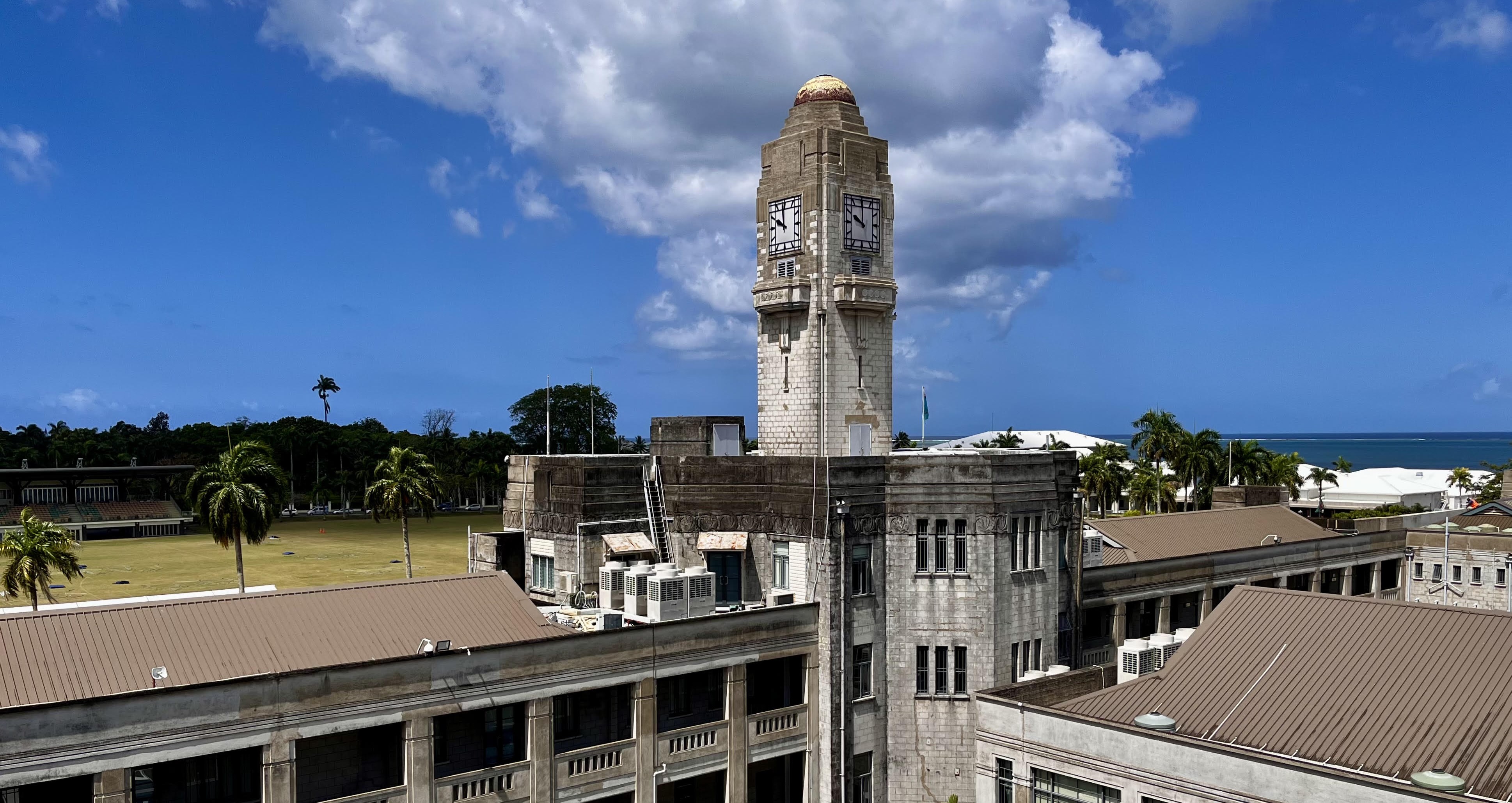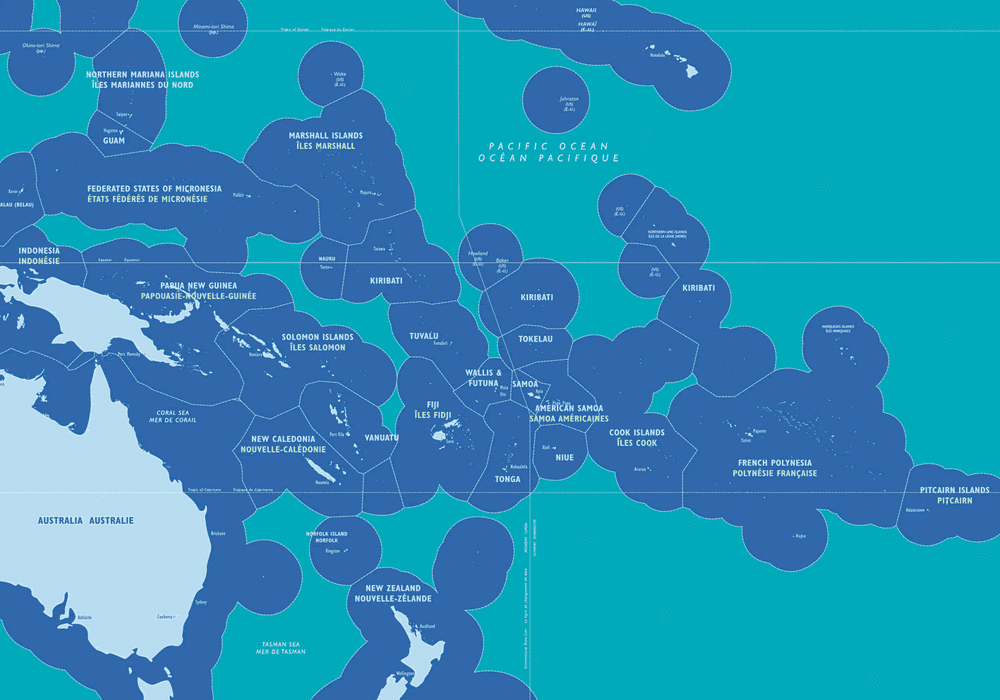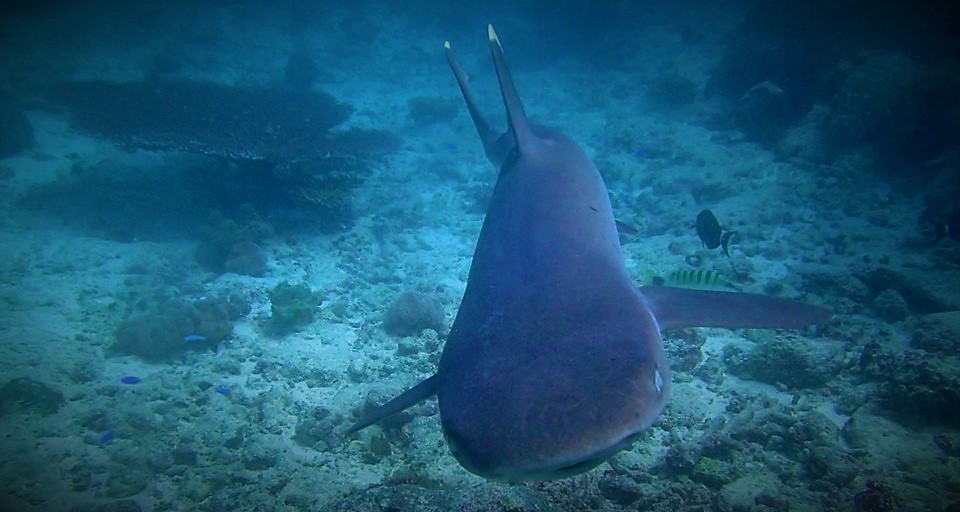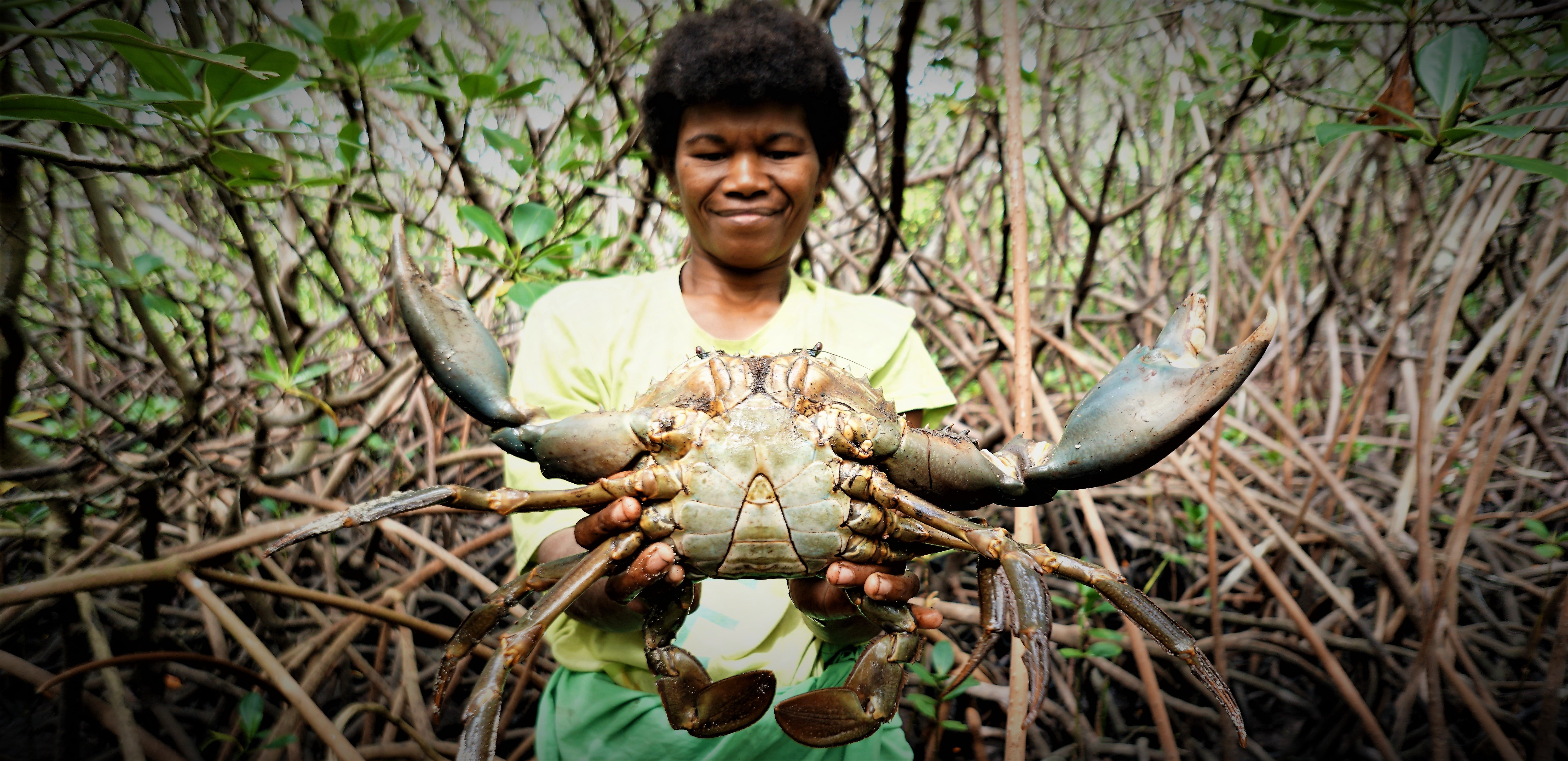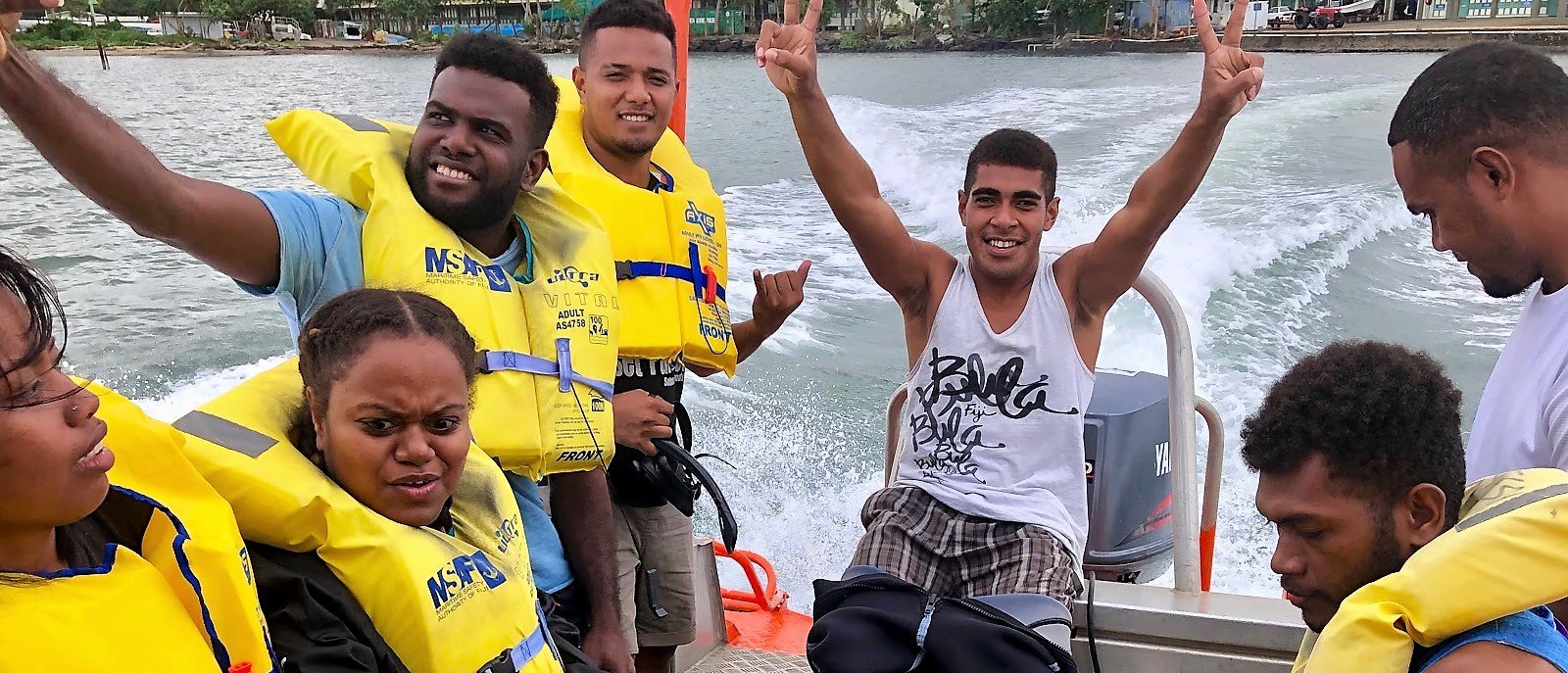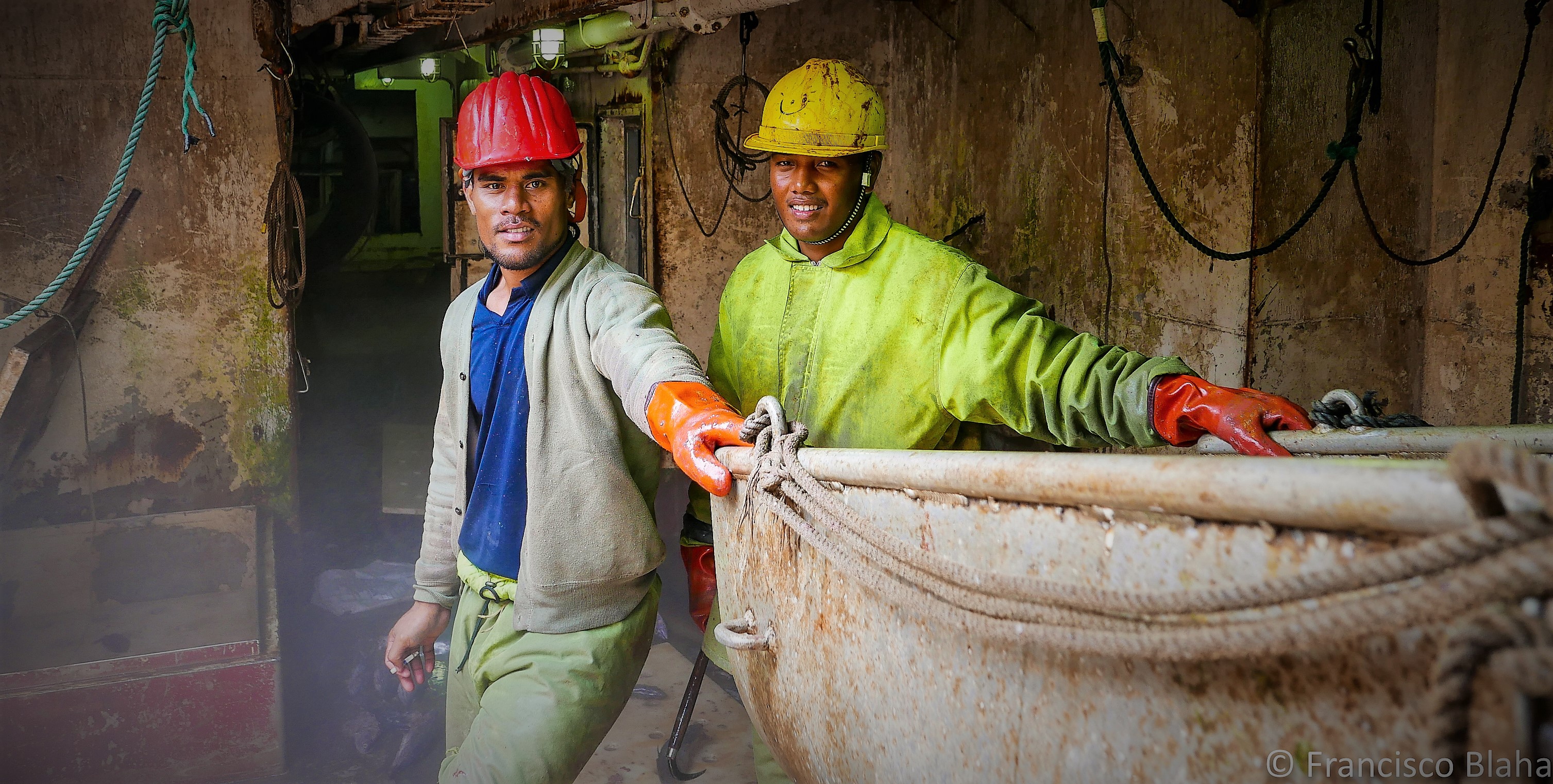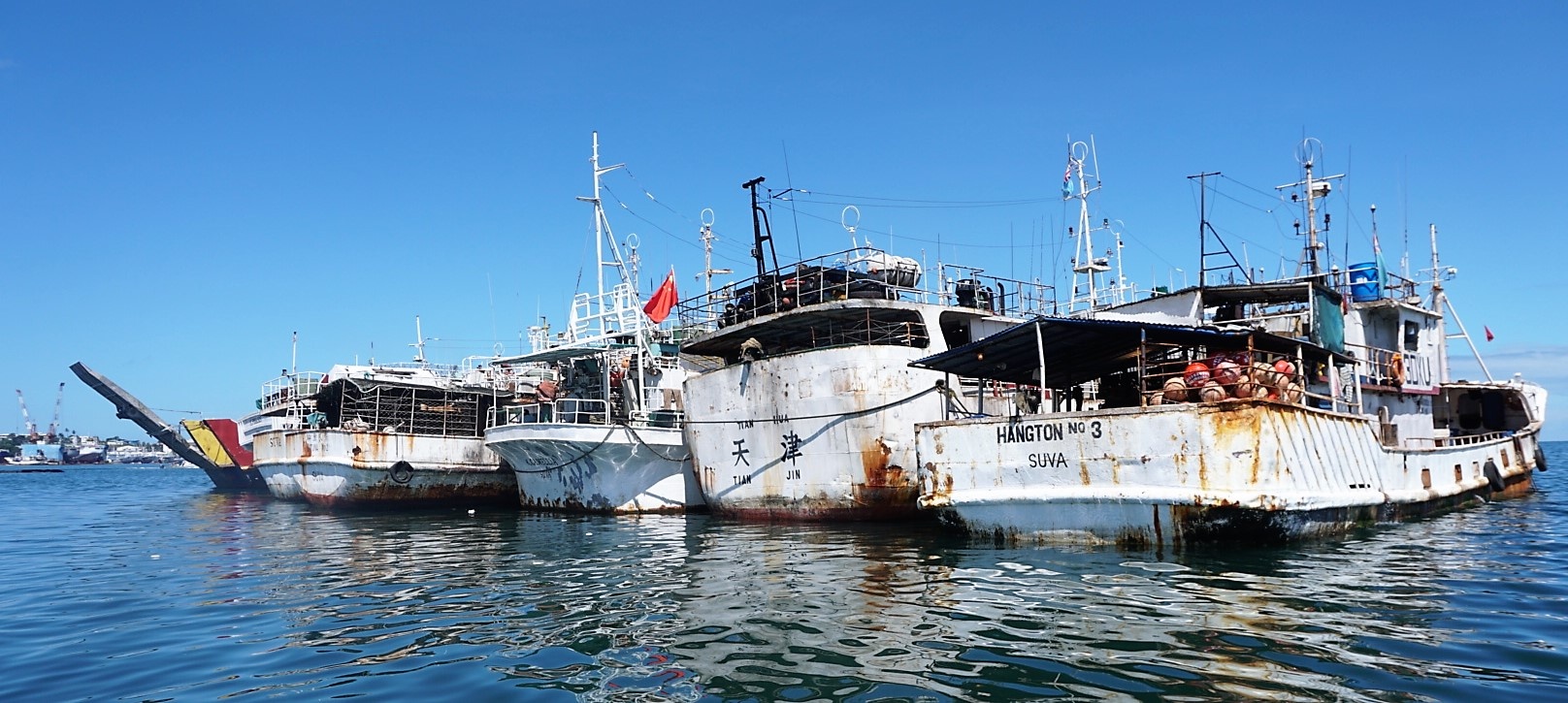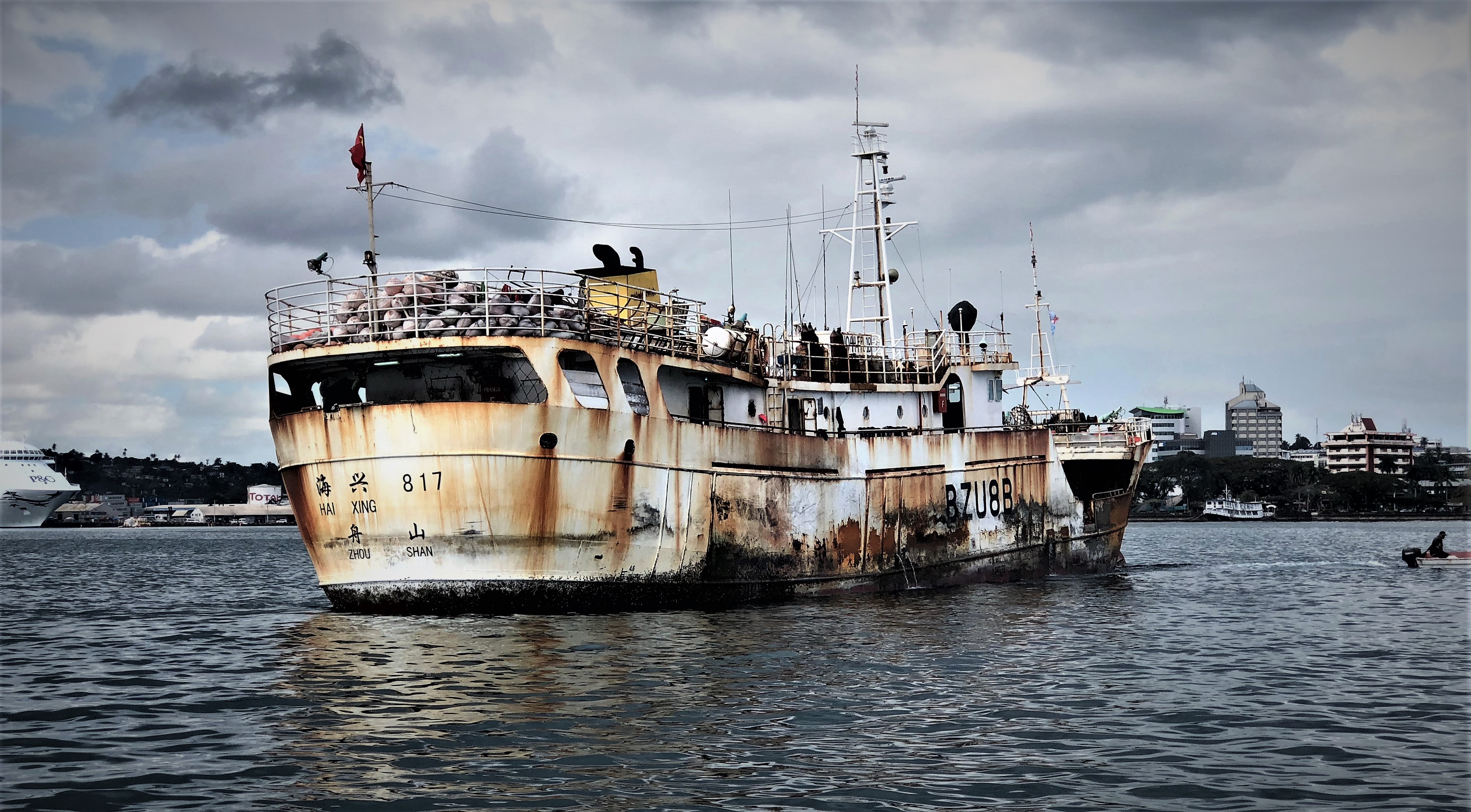The Commercial Use of Marine Areas (CUMA) Bill 2025 is a pioneering piece of legislation that has the purpose of transferring proprietary ownership of commercial nearshore marine areas to relevant iTaukei landowning groups following a process set out in the legislation. CUMA therefore intends to change the State-centric ownership model of nearshore marine areas. While this initiative is lauded for its intent to promote indigenous economic rights the transfer of tenure in marine or nearshore areas will have far reaching consequences. For example, CUMA will require the mandatory renegotiation of existing leases that has the risk of creating economic uncertainty within Fiji’s tourism-dependent economy.
Further legal questions will arise regarding the constitutional right to property and fair compensation for any loss of property rights that could arise as CUMA is implemented. In addition, the Bill repeals the Regulation of Surfing Areas Act 2010, which ensured free access to Fiji’s world-class surf breaks. The commercial arrangements that will now be put in place for surfing areas will require careful consultation to balance the resource owners' right to compensation with the interests of the surf tourism industry and the public.
To manage these complexities and mitigate the risk of unintended consequences the implementation of CUMA requires a careful, transparent and collaborative approach. This includes identifying any adversely affected legal rights and conducting a rigorous, independent economic impact assessment and engaging in extended, focused consultation with all affected stakeholders—from tourism operators and developers to the surfing community— to ensure a smooth, lawful, and economically viable transition in the interests of indigenous rights, Fiji’s economy and the existing rights of all stakeholders.




